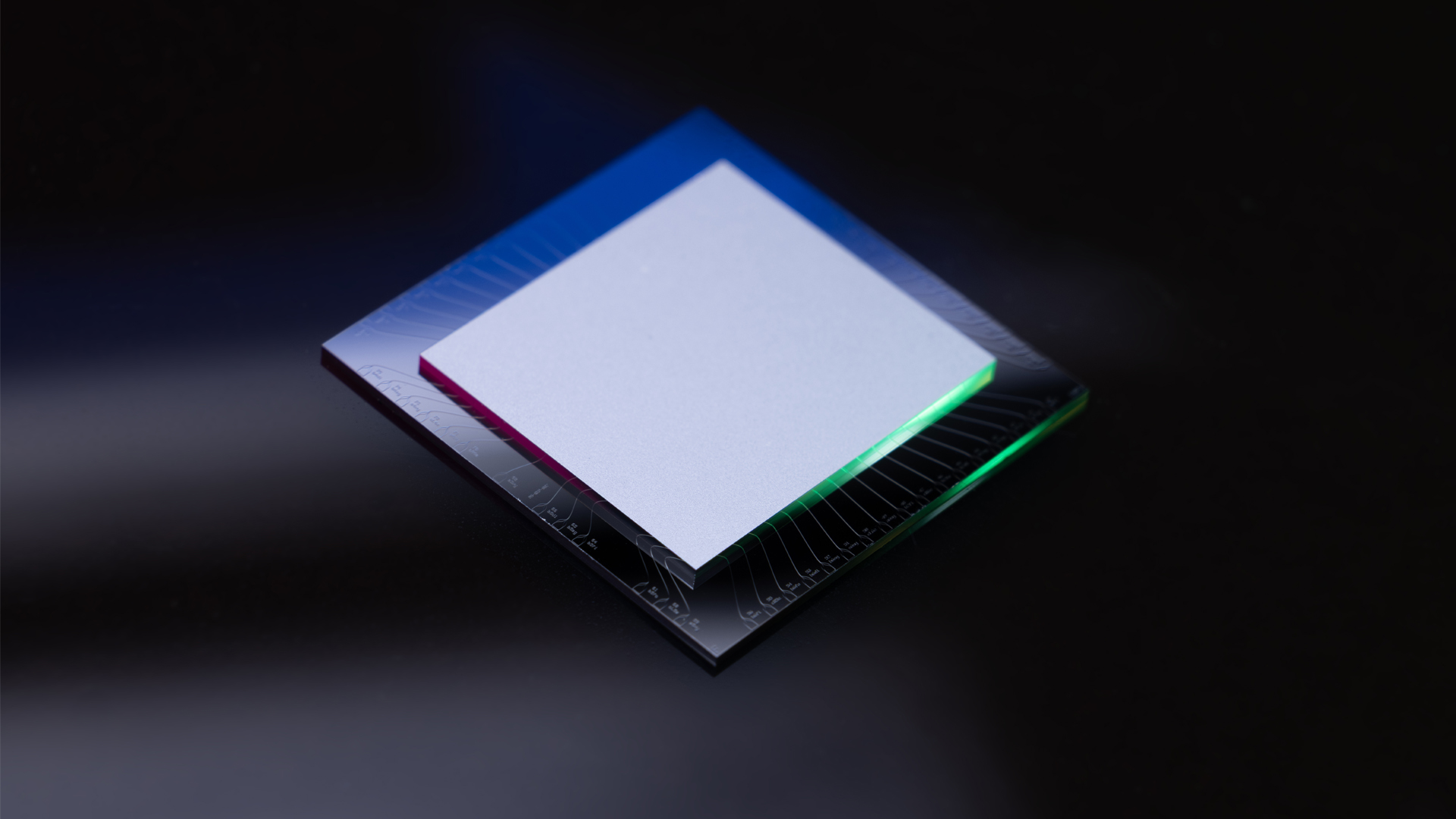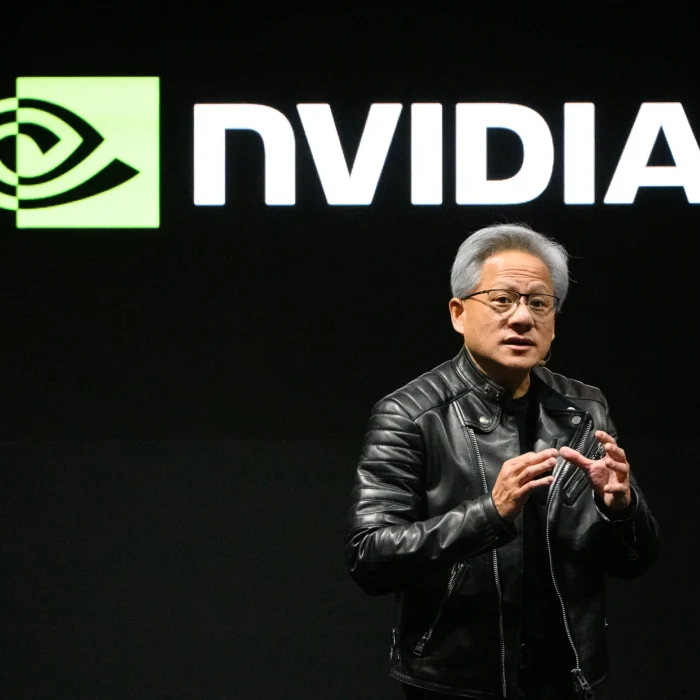Quantum computing is no longer just a futuristic concept—it’s a rapidly advancing reality with the potential to disrupt entire industries. As companies race to harness the power of quantum technology, some are emerging as clear leaders in the field, both in innovation and investment potential. These pioneers are not only unlocking the secrets of the quantum world but also setting the stage for the next major leap in computing. In this article, we’ll spotlight the Quantum 8—eight leading companies at the forefront of quantum computing, whose breakthroughs are shaping the future of technology and offering exciting opportunities for investors to tap into this game-changing sector. Whether you’re a tech enthusiast or an investor looking for the next big thing, these companies are the ones to watch.

D-Wave (QBTS) is a pioneering quantum computing company focused on developing and commercializing quantum annealing technology. Unlike other companies pursuing gate-based quantum systems, D-Wave’s approach is optimized for solving complex optimization problems—like logistics, scheduling, and portfolio management—through its Advantage™ quantum computer, which features over 5,000 qubits with enhanced connectivity. The company also offers real-time cloud access to its quantum systems via the Leap™ platform, enabling customers across industries to experiment with and implement quantum solutions. D-Wave has partnered with corporations and research institutions globally to apply quantum computing to real-world problems in areas like materials discovery, drug development, and machine learning. Traded under the ticker QBTS, D-Wave is one of the few pure-play quantum companies available on public markets. While its stock has experienced volatility typical of emerging tech sectors, the company’s long-term value proposition lies in advancing practical quantum solutions and expanding commercial applications. D-Wave emphasizes accessibility, energy efficiency, and scalability, aiming to make quantum computing a valuable asset to enterprises and governments alike.
#2 $GOOGL
Google (GOOGL) has been a major player in quantum computing through its Quantum AI division. In 2019, Google made headlines claiming “quantum supremacy” by demonstrating that its 53-qubit Sycamore processor could solve a problem faster than the world’s best supercomputer. Google continues to push forward with a roadmap toward building a large-scale, error-corrected quantum computer within the next decade. The company is heavily investing in superconducting qubit systems and quantum algorithm research, with a focus on scientific discovery, AI acceleration, and cryptographic advancements. As part of Alphabet Inc., GOOGL stock reflects the company’s broader technological dominance, and while quantum computing represents a long-term bet, it adds to Google’s innovation pipeline. Investors see Alphabet’s quantum efforts as a strategic advantage that could yield significant breakthroughs in both enterprise solutions and artificial intelligence markets. Though not the central driver of stock performance today, its quantum leadership signals high future potential in an increasingly competitive sector.
#3 $IONQ
IonQ is a pioneer in trapped-ion quantum computing, a hardware approach known for high qubit fidelity and low error rates. Unlike superconducting qubit competitors, IonQ’s technology uses individual atoms manipulated by lasers to store and process information. This method has allowed IonQ to claim industry-leading qubit quality. The company is focused on making its systems available via major cloud platforms like AWS, Azure, and Google Cloud, and is actively exploring use cases in finance, logistics, and materials science. IonQ aims to scale its systems to reach 64 error-corrected logical qubits by 2028. Publicly traded under the ticker IONQ, the company has attracted strong investor attention as one of the few pure-play quantum stocks, with market movements often reflecting major technical milestones or partnerships. While still pre-revenue, IonQ represents a high-risk, high-reward investment in the future of computing.
#4 $RGTI
Rigetti (RGTI) Computing develops superconducting quantum processors and provides cloud-based quantum computing services. The company takes a full-stack approach, designing and manufacturing its own chips, building the systems, and creating software for end users. Rigetti’s Aspen series processors are accessible through its cloud platform and integrations with AWS and Azure. The company is working toward achieving quantum advantage in real-world tasks, particularly focusing on hybrid quantum-classical workflows. Rigetti is also a key participant in several government and academic quantum research collaborations. Rigetti stock has experienced volatility as it balances long-term quantum ambitions with near-term financial constraints. Investors watch closely for progress on processor performance and commercial adoption as indicators of growth potential. The stock remains speculative but offers exposure to a pure-play quantum computing company.
#5 $IBM
IBM is one of the earliest and most visible leaders in quantum computing. Through IBM Quantum, it has developed a suite of superconducting quantum processors, including its 433-qubit Osprey chip. IBM provides quantum access via the IBM Quantum Experience, one of the first public cloud platforms for quantum computing. Its long-term goal is to build a 100,000-qubit quantum computer within the next decade. IBM also emphasizes quantum education and ecosystem-building, offering the Qiskit open-source framework and working with universities and governments to expand the quantum workforce. As a technology giant traded under IBM, the company’s quantum pursuits are part of its broader innovation strategy. While quantum doesn’t yet drive IBM’s overall revenue, its leadership and partnerships position it well for future monetization in sectors like pharmaceuticals, finance, and defense.
#6 $MSFT
Microsoft’s quantum computing strategy revolves around its Azure Quantum platform, which provides access to multiple types of quantum hardware (including partners like IonQ and Quantinuum) alongside quantum-inspired optimization tools. Microsoft is investing heavily in topological qubits, a theoretical model believed to offer better error correction and long-term stability, though this approach is still in the early development stages. The company positions itself as a software-first provider, building tools and infrastructure to prepare developers and businesses for a hybrid quantum future. Traded under the ticker MSFT, Microsoft’s quantum efforts are a small part of its massive cloud and enterprise ecosystem. Investors view its quantum initiatives as a forward-looking play within a broader, highly profitable tech portfolio, making it a relatively stable way to gain exposure to quantum advancement.
#7 $AMZN
Amazon’s quantum initiatives are centered around Amazon Braket, a fully managed quantum computing service on AWS. Braket offers access to multiple quantum hardware systems, including gate-based and annealing technologies from partners like IonQ, Rigetti, and D-Wave. Amazon is also conducting long-term research through the AWS Center for Quantum Computing, located at Caltech, focusing on hardware innovation, error correction, and scalable quantum architectures. Amazon’s flexible cloud infrastructure makes it a strategic hub for organizations exploring early quantum use cases. Listed under AMZN, Amazon’s quantum efforts are part of its extensive cloud computing empire. While quantum isn’t a revenue driver yet, its integration with AWS makes it a future growth area that aligns with investor confidence in Amazon’s leadership in tech innovation.
#8 $INTC
Intel is investing in silicon spin qubits and leveraging its semiconductor manufacturing expertise to scale quantum systems. Its quantum computing efforts focus on developing high-density qubit arrays using technologies similar to those found in classical microchips, which could offer advantages in integration and mass production. Intel’s Horse Ridge cryogenic controller is designed to streamline the operation of quantum processors by managing control electronics in extremely cold environments. The company sees quantum computing as a long-term investment and is working toward building scalable systems with practical utility. Traded under INTC, Intel’s stock reflects both its core chip manufacturing business and its emerging quantum ventures. While its quantum efforts are still pre-commercial, Intel’s established infrastructure and manufacturing capabilities position it as a potential leader once scalable quantum systems are ready for market.
As the race for quantum supremacy intensifies, these eight companies are at the forefront, paving the way for the future of computing and offering investors a chance to be part of something revolutionary. With advancements in hardware, software, and cloud integration, their contributions extend beyond scientific discovery into real-world applications that could reshape industries. While the quantum computing landscape is still evolving, the companies highlighted here represent a powerful combination of technological innovation and market potential. For those looking to invest in the next wave of technological progress, these Quantum 8 offer exciting opportunities to witness and be part of the future of computing.










